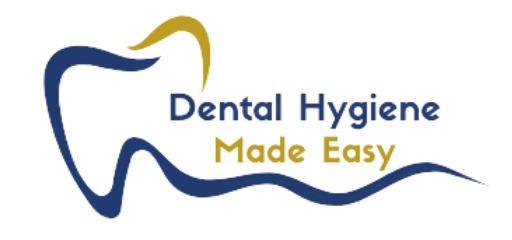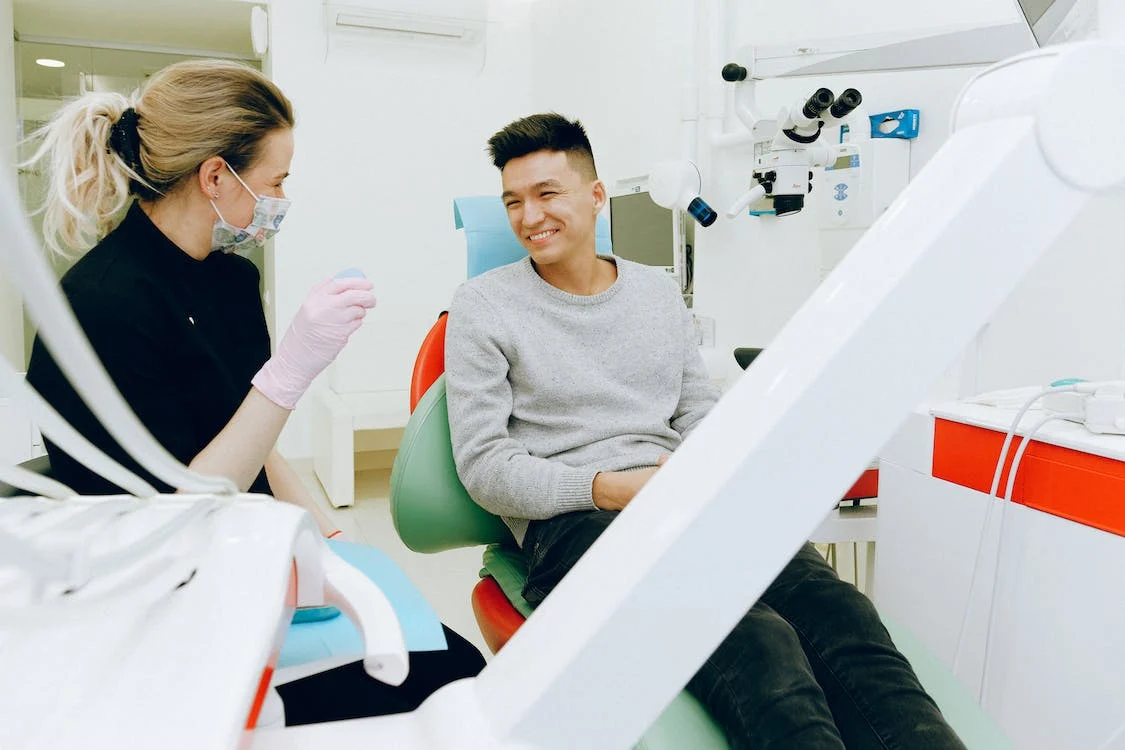Key Takeaways
- Foundational Knowledge: Learn the core concepts essential for a career in dental hygiene.
- Comprehensive Study Methods: Explore effective techniques to enhance learning and retention.
- Application in Real-Life Scenarios: Understand how theoretical knowledge is applied in diverse dental settings.
Introduction to Learning Dentistry and Dental Hygiene
Embarking on a dentistry and dental hygiene journey blends passion and challenge, requiring a harmonious mix of knowledge and practical skills. Whether preparing for exams or deepening your understanding, mastering the nuances of dental studies is vital for a successful career in dental hygiene.
Laying the Foundation: Essential Concepts
A robust educational base in dental hygiene is crucial. This includes a deep understanding of oral anatomy, pathologies, clinical procedures, and radiography. A thorough knowledge of these areas lays the groundwork for a successful dental career.
Understanding Dental Hygiene Programs
Dental hygiene programs are the stepping stones to entering the profession. These programs at various institutions provide comprehensive education covering theoretical knowledge, clinical skills, and hands-on training. Selecting the right program involves considering factors like accreditation, curriculum, faculty expertise, and clinical exposure.
Enroll in our comprehensive course today and gain the knowledge and skills needed to get ready for your dental hygiene education and dental hygiene board exam.
Admission Tests and Licensure Examinations
A career as a dental hygienist requires completing specific admission tests and licensure examinations. These exams are crucial steps in ensuring readiness and competence for a successful career in dental hygiene. They assess knowledge, skills, and the practical application of dental hygiene principles. Your institution will provide you with their admission test details.
- NBDHE (National Board Dental Hygiene Examination): A critical step in obtaining dental hygienist licensure in the United States
- NDHCE (National Dental Hygiene Certification Exam): The NDHCE tests the level of knowledge, judgment, and skills of Canadian Dental Hygienists that are expected at the entry-to-practice level.
The NBDHE/NDHCE: A Fusion of Theory and Practice
The National Board Dental Hygiene Examination (NBDHE) written by students who want to practice in the United States and the National Dental Hygiene Certification Exam (NDHCE) written by Canadian students marks a significant milestone for aspiring dental hygienists. Orchestrated by the Joint Commission on National Dental Examinations, this exam is more than a test; it’s a journey through the extensive landscape of dental hygiene knowledge and skills. Candidates dive into an array of subjects from the essentials of biomedical sciences to the intricacies of dental and dental hygiene sciences, showcasing their readiness for a career in this vital health care sector.
Choosing the Right Dental Hygiene Post-Secondary Institution
Selecting a college or university for dental hygiene studies is an important decision. Look for institutions with strong dental departments, experienced faculty, and state-of-the-art facilities. Accredited institutions that offer extensive clinical practice and a well-rounded curriculum should be top choices.
Please see this link to view all the dental hygiene schools in Canada.
After completing the dental hygiene diploma program, you have an opportunity to pursue a dental hygiene degree from the following institutions:
- Ontario: George Brown College, Centre for Health Sciences, Waterfront Campus
- Alberta: University of Alberta, School of Dentistry and Dental Hygiene, Dental Hygiene Program
- Nova Scotia: Dalhousie University, Faculty of Dentistry, Dentistry Building
- Manitoba: University of Manitoba, School of Dental Hygiene
- British Columbia: University of British Columbia, Faculty of Dentistry, Dental Hygiene Degree Program
As with Canada, once you complete the entry-level dental hygiene diploma, there are opportunities to pursue a dental hygiene degree and a master’s in dental hygiene. Please see this link to view all the dental hygiene schools in America.
Ethics and Professionalism in Dentistry and Dental Hygiene
Uphold the highest standards of ethical conduct and professionalism. Familiarize yourself with the code of ethics in dentistry and dental hygiene and commit to providing the best patient care to help ensure consistent and satisfied dental patients.
Networking and Professional Development
Building a professional network is invaluable. Engage in dental conferences, join professional organizations, and participate in online forums. These connections offer support, advice, and can open doors to career opportunities.
Embracing Technology and Innovation
Staying abreast of technological advancements in dentistry can be helpful. Familiarize yourself with digital tools, software, and emerging techniques that are reshaping dental practices. This knowledge not only prepares you for contemporary practices but also enhances patient care.
Digital X-Rays
- Dental professionals can use digital X-rays instead of traditional film X-rays. Digital X-rays are faster, emit less radiation, and allow for easy storage and sharing of patient images.
Online Appointments
- Dental professionals can offer online appointment booking and consultations, also known as Telehealth, making it more convenient for patients to schedule visits and seek advice without coming to the office in person.
Commitment to Lifelong Learning
Dentistry is a field that requires continuous learning. Stay updated with the latest research and advancements. Attend workshops and pursue further education to remain a competent dental professional.
Conclusion: Uncovering Your Path Towards Dental Hygiene
Your journey in learning dentistry and dental hygiene is an intricate blend of challenges and immense rewards. By adopting effective study methods, understanding diverse dental needs, and staying committed to ongoing learning and ethical practices, you set yourself up for a fulfilling career. Are you ready to transform your passion for dental health into a successful profession? How will you navigate the ever-evolving landscape of dental hygiene to become a skilled and compassionate dental hygienist?

